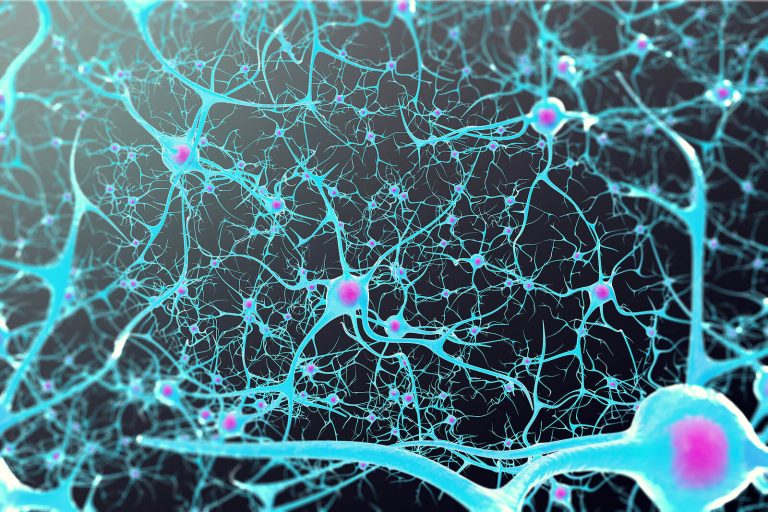What is Impulse Control Disorder?

Everyone acts on impulse sometimes. We buy something without thinking, or act irrationally towards someone or a situation. However, individuals with Impulse Control Disorder can not control their behavior and motivations. It is a psychological condition in which an individual is impaired of their ability to conduct repetitive behavior, poor or problematic behavior, or acting on these behavioral urges to release pressure or feel pressure.
Symptoms
Impulsive control disorder symptoms are obsessive thoughts, impatience, severe anxiety, and tension before engaging in impulsive behaviors. These symptoms will differ in children as they are harder to diagnose because they are not yet able to effectively communicate their feelings. Adults are significantly more able to express their thoughts and emotions. They are also able to speak about their anxieties, tensions, and impulsive behaviors.
Causes
Because it’s hard to diagnose, psychiatrists have to determine if the individual’s urge to act on their behavior is unbearable and needs to happen, or is rewarded by acting on these urges. This process can be hard to determine.
As of now, there are no definitive sources to explain the cause of impulse control behavior. Despite this, many theories are surrounding it. For example, it may stem from abuse or trauma as a child or a chemical or structural differentiation in the part of the brain responsible for making plans and decisions are affected. These theories haven’t proven true, so it doesn’t mean this behavior will develop if they are present.
Types of impulse control disorders
There are five types of impulse control disorder: kleptomania, pyromania, intermittent explosive disorder, pathological gambling, and trichotillomania.
Kleptomania is the impulse to steal, typically with no apparent need or reward.
Pyromania is the impulse to start fires in order to relieve tension or get instant gratification.
Intermittent explosive disorder involves repetitive, sudden episodes of aggressive, violent behavior, including verbal outbursts in which the individual grossly acts out of proportion to the situation.
Pathological gambling or compulsive gambling disorder is a recognized mental disorder characterized by continued gambling patterns despite negative physical, psychological, and social consequences.
Trichotillomania also referred to as “hair-pulling disorder,” is a mental disorder categorized under obsessive-compulsive and related disorders and involves recurrent, irresistible urges to pull hair from the scalp, eyebrows, eyelids, and other areas of the body, despite repeated attempts to stop or decrease hair pulling.
Statistics
According to The Recovery Village, about 1-5% of the population suffers from Impulse Control Disorder. Unfortunately, this disorder gets little attention from clinicians and doctors despite being relatively comparable to other mental health conditions like depression or substance abuse. It is hard for families and treatment professionals to help with, as individuals suffering from ICD’s need to identify and recognize their behavior to overcome. Those suffering from intermittent explosive disorder never or rarely receive treatment for their condition.
While there is still a lot to learn about ICD’s, it’s essential to recognize that people are suffering from this disorder. If you’re seeking help for a loved one, start with research and find a professional specializing in this field to further help. Always be patient as our loved ones who suffer from this cannot help but act on their impulses.
If you need someone to talk to, our therapists at Mountain Vista Psychology are always on standby and ready to talk. Reach out to us today for a FREE consult or call us at (720) 583-9332 or email us info@mountainvistapsychology.com
Call For a FREE Consultation
We serve the Denver Metro area of Colorado. Click the button below to call and Schedule an Initial Consultation. To Schedule Neurofeedback or Testing please call us at 720-248-8603
Recent Articles
Dispelling Neurofeedback Myths
Neurofeedback has become increasingly popular as a therapeutic tool for clients, but it remains misunderstood by many. Misconceptions about its…
Autism Testing for Adults: Why Diagnosis Still Matters
What is Autism? Autism is a neurological difference that impacts how one scales social interactions, interpersonal relationships, and experiences the…
The Intersectionality of Autism & LGBTQIA Throughout the Lifespan
If you have a child (of any age) who you think may be Autistic, has been diagnosed as Autistic, or…
Autism Diagnosis Support Guide: Interventions, Therapy, and Accommodations for All Ages
Understanding Your Diagnosis An Autism or other mental health diagnosis may be very overwhelming. Understanding a diagnosis can help lessen…





